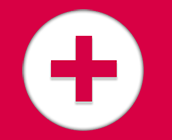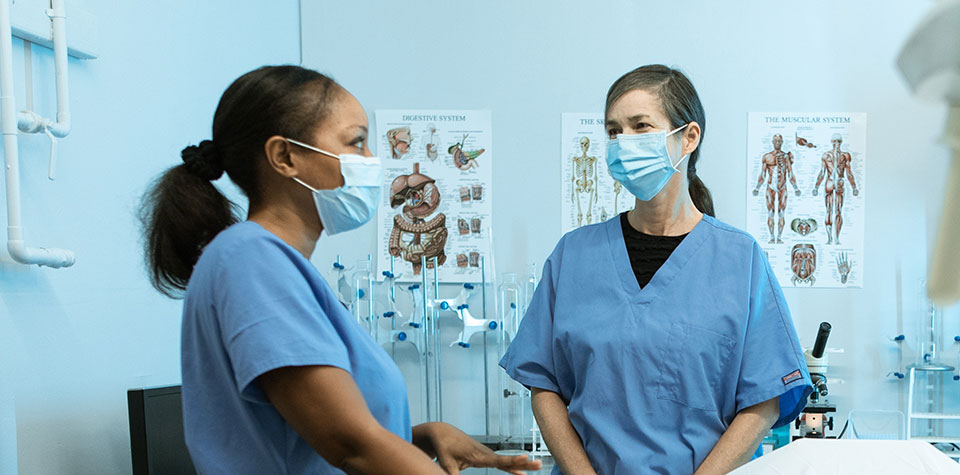Medical assistants support patient care, managing a wide range of medical responsibilities every day, including giving injections. As a medical assistant, you’ll routinely give injections for immunization purposes and medical treatment.
But will you need to take blood? The answer is, it depends. Learn more about your responsibilities as a medical assistant by reading below.
Taking Blood – Additional Certification Preferred
For venipuncture or puncturing of the veins to take blood, additional certification is preferred. You should have the proper training to be able to draw blood from patients of varying ages.
However, some MA programs, such as the one offered through Cambridge, deliver phlebotomy training. After finishing our program, you can choose to take the phlebotomy certification exam. This way, you’ll be able to perform venipunctures as part of your daily responsibilities.
What Other Responsibilities Will You Have as a Medical Assistant?
Beyond giving shots and drawing blood, there are plenty of other responsibilities you’ll have each day as a medical assistant. For example, you’ll:
- Prepare patients for exams
- Support patients through medical treatment
- Perform minor surgical procedures
- Administer medications
- Take and record patient vitals
You’ll have the opportunity to work in many different healthcare facilities, including hospitals, clinics, doctor’s offices and long-term care facilities. Your daily responsibilities will differ depending on the workplace you choose.
How to Become a Medical Assistant
Does a career as a medical assistant seem like the perfect fit for you? If so, there are a few steps you must take to become an MA. First, you’ll need to obtain your high school diploma. You can then attend an accredited medical assistant program such as the one offered through Cambridge.
During this time, you’ll receive training on healthcare basics and patient care as well as phlebotomy. After your program, you’ll be eligible to sit for the RMA, CMA and NCCT national exams, as well as the Phlebotomy exam for certification.
Once certified, you’ll be able to join a healthcare facility as an entry-level medical assistant.
Become a Medical Assistant in 36 Weeks With Cambridge
In only 36 weeks, you can become a medical assistant through Cambridge. Our program includes all the training you need for success. To learn more about our program or to apply today, give us a call at 877-206-4279 or send us a message.


